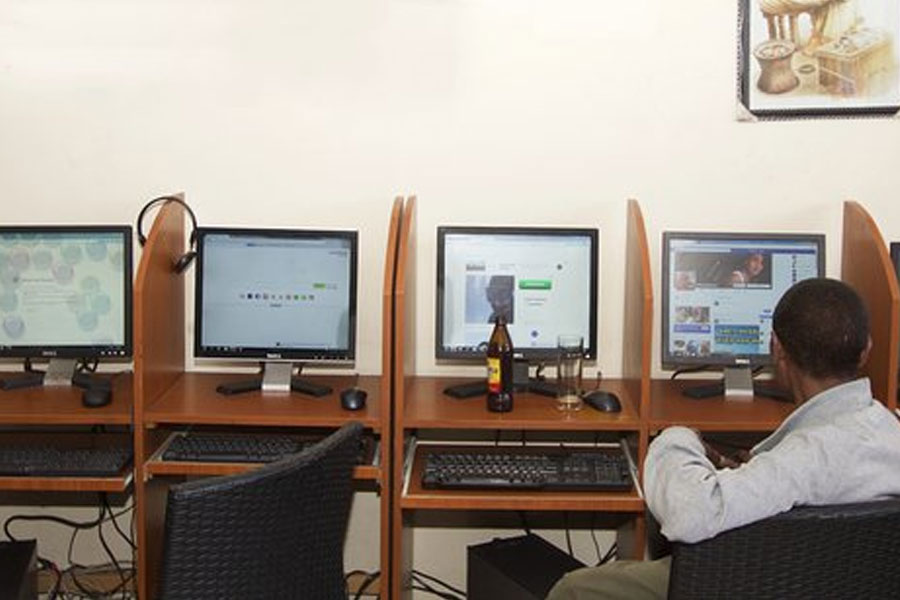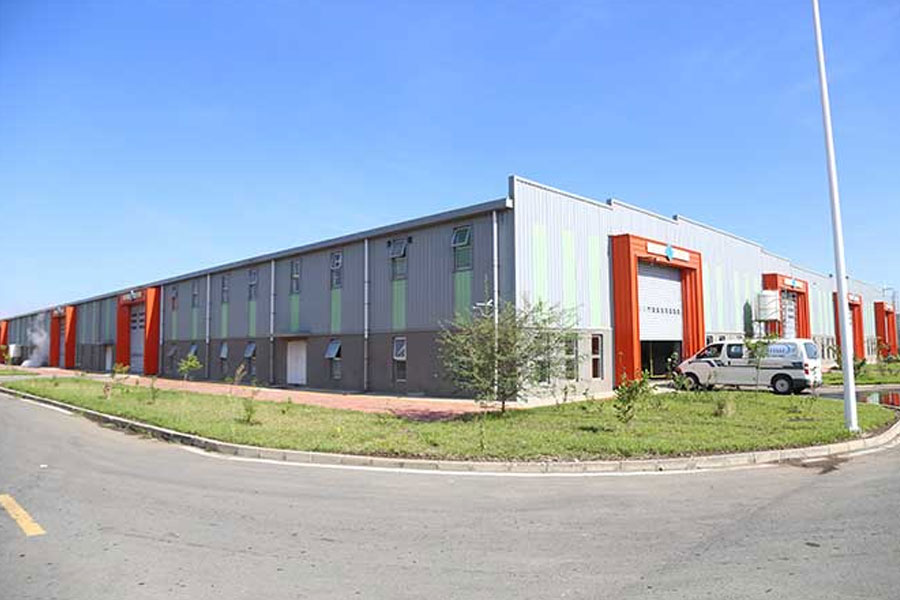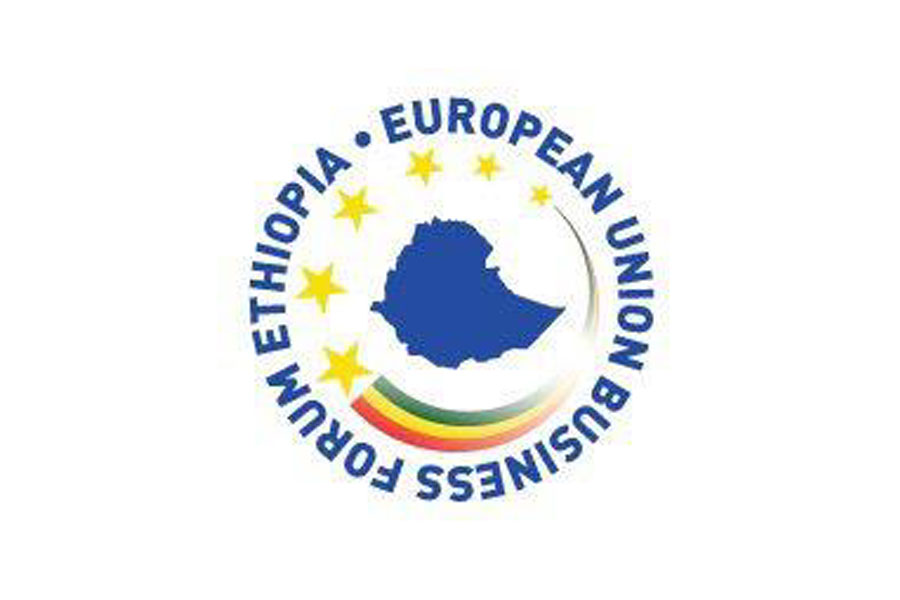
Fortune News | Mar 26,2022
With the assistance of a New York-based consulting firm, the Ministry of Trade & Industry has started revamping the nation's two-decade-old industrial policy. Initiated last March, the policy is expected to be finalised by the end of the fiscal year.
Aimed at fostering the country's manufacturing capability and competitiveness, the revision is being undertaken by Dalberg, an international consulting firm headquartered in New York. The detailed analysis drawn up by the consultants is expected to provide a five-year industry strategy, incentive packages, and an operational guideline for implementation along with industrial policy.
The revised industrial policy targets to double import substitution in the country, which currently stands at 30pc. Shifting local investors to manufacturing and creating a conducive environment for foreign investors is one of its primary goals, according to Melaku Alebel, minister of Trade & Industry.
"The growth of the manufacturing industry will have spillover effects in the market and the service sector as well," he told Fortune. "This is also in line with fostering the right environment for the export of products."
A steering committee made up of members from the Planning & Development Commission and the ministries of Finance, Agriculture, and Revenues oversee the revised policy.
Another major objective is boosting foreign direct investment (FDI) flow into the country, which has been on a steady decline after recording its highest-ever level at 4.1 billion dollars in 2015. Last year the recorded FDI stood at 2.5 billion dollars, the lowest it has been since 2014.
Encouraging FDI involves preparing comparative advantages for investing in the country and outlining the sectors that should be given priority and support, explained the Minister.
"The manufacturing sector is unequalled in the efficient use of land, labour and capital," Melaku said. "We need to shift from an agricultural to a manufacturing-led economy."
Agriculture took up the lion's share of the country's export revenues over the last fiscal year at 77pc or 2.3 billion dollars. Manufacturing scored less than a fifth of that amount at 405 million dollars, contributing just 13pc.
"The large number of young labourers that join the labour market is an advantage and not a burden," said Melaku. "But we have to provide the industries and opportunities to realise that."
The revision will also consider the industrial revolution that is seeing the increasing importance of automation; it is expected to examine details regarding how the country will navigate this change.
The former policy fails to interlink sectors or enable support between them, according to Melaku, who added that only 45pc of the export goal was achieved to that end, with the nation amassing a little over three billion dollars at the end of the last fiscal year. The plan is to increase this up to 48.4 billion dollars in the next decade.
The revised policy will be instrumental in achieving this, according to Melaku.
However, criticism of the country's industrial policy lie mainly in its implementation, or lack thereof, according to professionals in the field. The credibility of this policy is tied to the implementation body that is committed to it, according to Atlaw Alemu (PhD), a professor of economics at Addis Abeba University.
"The biggest issue lies in putting the policy into practice," he said. "This is why monitoring and evaluation have become difficult."
Although part of previous policies as well, import substitution is still a big issue to this day, he added.
"Materials that can be easily replaced and produced within the country are being imported to the country until now," said Atlaw. "This isn't just with regard to intermediate products but very basic materials as well."
The policy that fosters such import substitution is late in coming and much needed as it is also impossible to move toward exports without having a well-built local manufacturing sector, he added.
"Exports require sufficient experience and capacity from local manufacturers," said Atlaw. The government and government-affiliated bodies' interests in the import of goods need to be removed from the equation, added the expert.
PUBLISHED ON
Jan 02,2021 [ VOL
21 , NO
1079]

Fortune News | Mar 26,2022


Fortune News | Jan 02,2021

Commentaries | Sep 06,2020

Radar | Jan 29,2022

Radar | Nov 26,2022

Viewpoints | Oct 22,2022

Radar | Apr 25,2020

Fortune News | Jul 30,2022

Radar | Jan 28,2023

Dec 22 , 2024 . By TIZITA SHEWAFERAW
Charged with transforming colossal state-owned enterprises into modern and competitiv...

Aug 18 , 2024 . By AKSAH ITALO
Although predictable Yonas Zerihun's job in the ride-hailing service is not immune to...

Jul 28 , 2024 . By TIZITA SHEWAFERAW
Unhabitual, perhaps too many, Samuel Gebreyohannes, 38, used to occasionally enjoy a couple of beers at breakfast. However, he recently swit...

Jul 13 , 2024 . By AKSAH ITALO
Investors who rely on tractors, trucks, and field vehicles for commuting, transporting commodities, and f...

Jul 12 , 2025
Political leaders and their policy advisors often promise great leaps forward, yet th...

Jul 5 , 2025
Six years ago, Ethiopia was the darling of international liberal commentators. A year...

Jun 28 , 2025
Meseret Damtie, the assertive auditor general, has never been shy about naming names...

Jun 21 , 2025
A well-worn adage says, “Budget is not destiny, but it is direction.” Examining t...